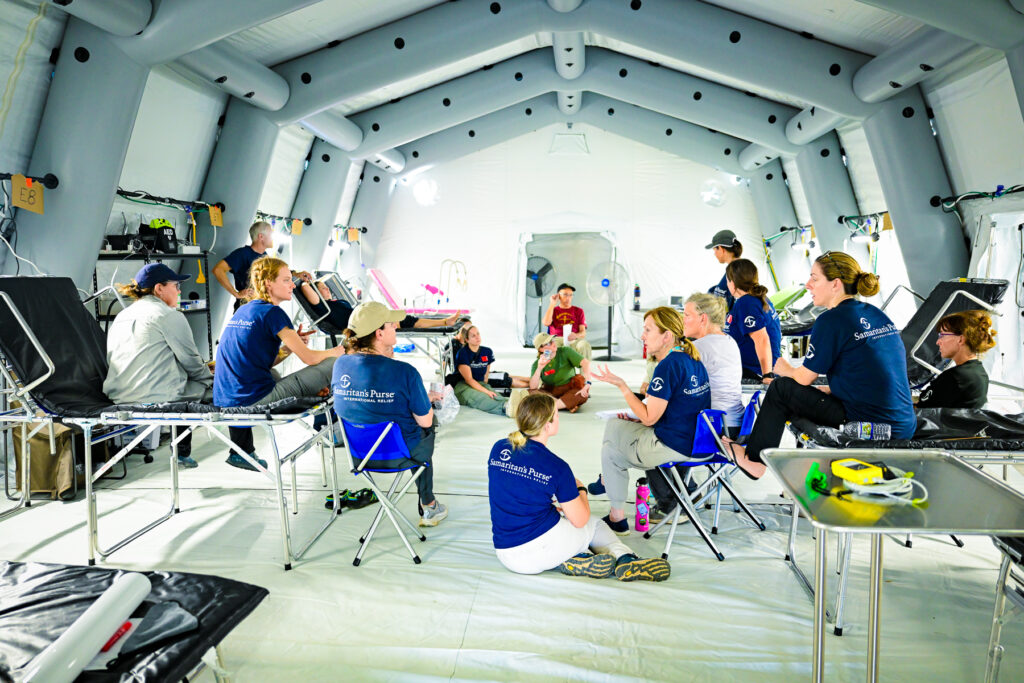The Pan American Health Organization (PAHO) has activated its emergency coordination and response mechanisms to address the severe health impacts caused by Hurricane Melissa across the Caribbean. Over 13 tons of medical supplies have been deployed, alongside specialized experts from PAHO’s Regional Response Teams, to restore critical health services and prevent disease outbreaks. Jamaica, the most severely affected, reported extensive damage to five major hospitals, particularly in the western and southern regions. In response, PAHO, in collaboration with Jamaica’s Ministry of Health and Wellness (MOHW), has facilitated the deployment of Type 2 Emergency Medical Teams (EMTs) from Samaritan’s Purse and the Spanish Cooperation Agency (AECID) to establish temporary hospitals in Black River and Falmouth. Additional specialists in water, sanitation, hygiene (WASH), mental health, and structural engineering have been mobilized to conduct post-disaster assessments and support recovery efforts. PAHO is also coordinating health cluster activities, including shelter assessments and environmental health interventions. Despite these efforts, urgent needs remain, prompting PAHO to launch a $14.2 million donor appeal for Jamaica to support emergency medical deployments, facility rehabilitation, and outbreak prevention. In Haiti, PAHO is assessing conditions of internally displaced persons, disseminating cholera prevention messaging, and utilizing prepositioned emergency kits. Emergency supplies, including PPE, mosquito nets, and medical equipment, have been delivered to affected areas. PAHO is also preparing additional shipments for Cuba to address anticipated increases in mosquito populations and power shortages. The organization emphasized the need for sustained donor engagement to support disease surveillance, mental health services, and preventive measures across the region. PAHO remains committed to working with governments and humanitarian partners to ensure affected communities receive critical care and build future resilience.
PAHO scales up emergency health response across the Caribbean following Hurricane Melissa
